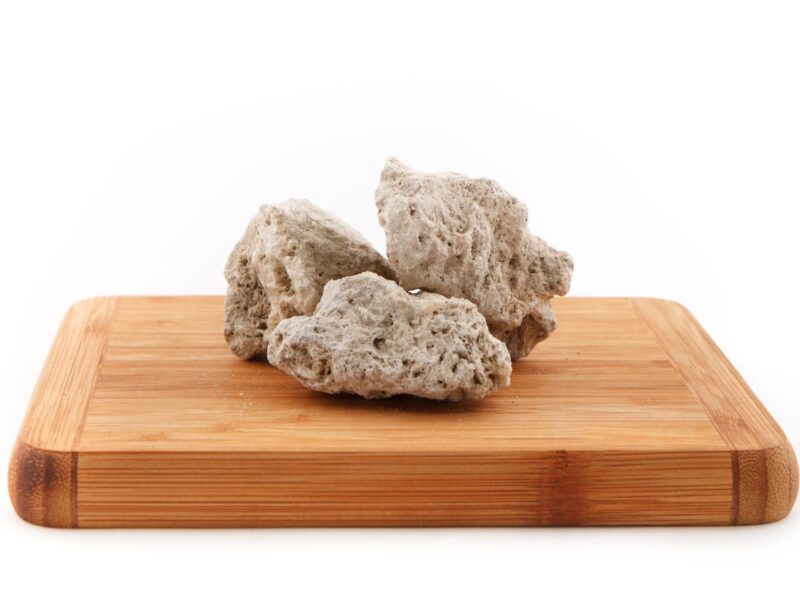Potash, a common household ingredient used in cooking, is a source of potassium, an essential mineral vital for numerous bodily functions, including kidney health. While potassium is necessary for maintaining normal physiological processes, its levels must be carefully regulated, especially in individuals with kidney disorders.
This article aims to explore the relationship between potassium intake, kidney function, and strategies for managing potassium levels in individuals with kidney disorders, with a focus on potash use in cooking.
The Importance of Potassium Intake for Kidney Function
Potassium plays a crucial role in maintaining kidney health by regulating blood pressure, electrolyte balance, and acid-base equilibrium. Adequate potassium intake supports optimal kidney function and helps prevent the development of kidney disorders.
Potassium-rich foods, including fruits, vegetables, legumes, and dairy products, are essential components of a balanced diet and contribute to overall well-being. However, excessive potassium intake, particularly in individuals with impaired kidney function, can lead to hyperkalemia, a condition characterized by elevated potassium levels in the blood.
Impact of Potassium Intake on Kidney Function
In individuals with normal kidney function, the kidneys efficiently filter excess potassium from the blood and excrete it through urine, maintaining potassium homeostasis in the body. However, in individuals with kidney disorders, such as chronic kidney disease (CKD) or end-stage renal disease (ESRD), the kidneys may become less effective at excreting potassium, leading to an accumulation of potassium in the blood.
Hyperkalemia can have serious consequences, including abnormal heart rhythms, muscle weakness, and cardiac arrest. Therefore, individuals with kidney disorders need to monitor their potassium intake and manage it effectively.
Strategies for Managing Potassium Levels in Individuals with Kidney Disorders
- Dietary Modification: Individuals with kidney disorders may need to follow a low-potassium diet to help manage their potassium levels. A renal dietitian can provide personalized dietary recommendations tailored to individual needs, taking into account factors such as kidney function, medications, and overall health status. It is essential to limit potassium-rich foods, including bananas, oranges, tomatoes, potatoes, and dairy products, and opt for low-potassium alternatives. When cooking with potash or potassium-rich ingredients, individuals should be mindful of portion sizes and incorporate other cooking methods to reduce potassium content.
- Medication Management: In some cases, medications known as potassium binders may be prescribed to help reduce potassium absorption in the digestive tract and excrete excess potassium through the stool. These medications can be used in conjunction with dietary modifications to lower potassium levels effectively. Individuals need to adhere to prescribed medication regimens and follow healthcare provider recommendations for optimal management of potassium levels.
- Monitoring Potassium Levels: Regular monitoring of potassium levels through blood tests is essential for individuals with kidney disorders to assess potassium balance and track changes over time. Healthcare providers may recommend routine blood tests, such as serum potassium tests, to monitor potassium levels and adjust treatment accordingly. Close monitoring allows for early detection of hyperkalemia or hypokalemia and enables timely intervention to prevent complications.
- Cooking Techniques: When cooking with potash or potassium-rich ingredients, individuals can employ cooking techniques that help reduce potassium content. For example, soaking vegetables in water before cooking can help leach out potassium, while boiling or steaming vegetables can further reduce potassium levels. Additionally, using smaller portions of potassium-rich ingredients and incorporating a variety of foods in meals can help balance potassium intake.
Conclusion
Potash is a common ingredient used in cooking, individuals with kidney disorders need to be mindful of their potassium intake to maintain kidney health. Adequate potassium intake is essential for supporting kidney function and overall health, but excessive potassium levels can pose risks, particularly in individuals with impaired kidney function.
By implementing strategies such as dietary modification, medication management, monitoring potassium levels, and employing cooking techniques to reduce potassium content, individuals with kidney disorders can effectively manage their potassium levels and promote kidney health.
Collaboration with healthcare providers, including renal dietitians and nephrologists, is essential for developing personalized treatment plans and achieving optimal outcomes in the management of potassium and kidney health.
Related Tags
Taiwo Olawuyi
Taiwo Olawuyi is a highly dedicated and passionate professional blogger, renowned for her ability to create captivating, informative, and engaging content in the realm of health and wellness. She holds a Bachelor's degree in Political Science from Olabisi Onabanjo University and a Master's degree in Adult Education from the prestigious University of Ibadan. Her profound passion for health and wellness, coupled with her unwavering dedication to her audience, serves as a constant source of inspiration and enlightenment for readers worldwide.










